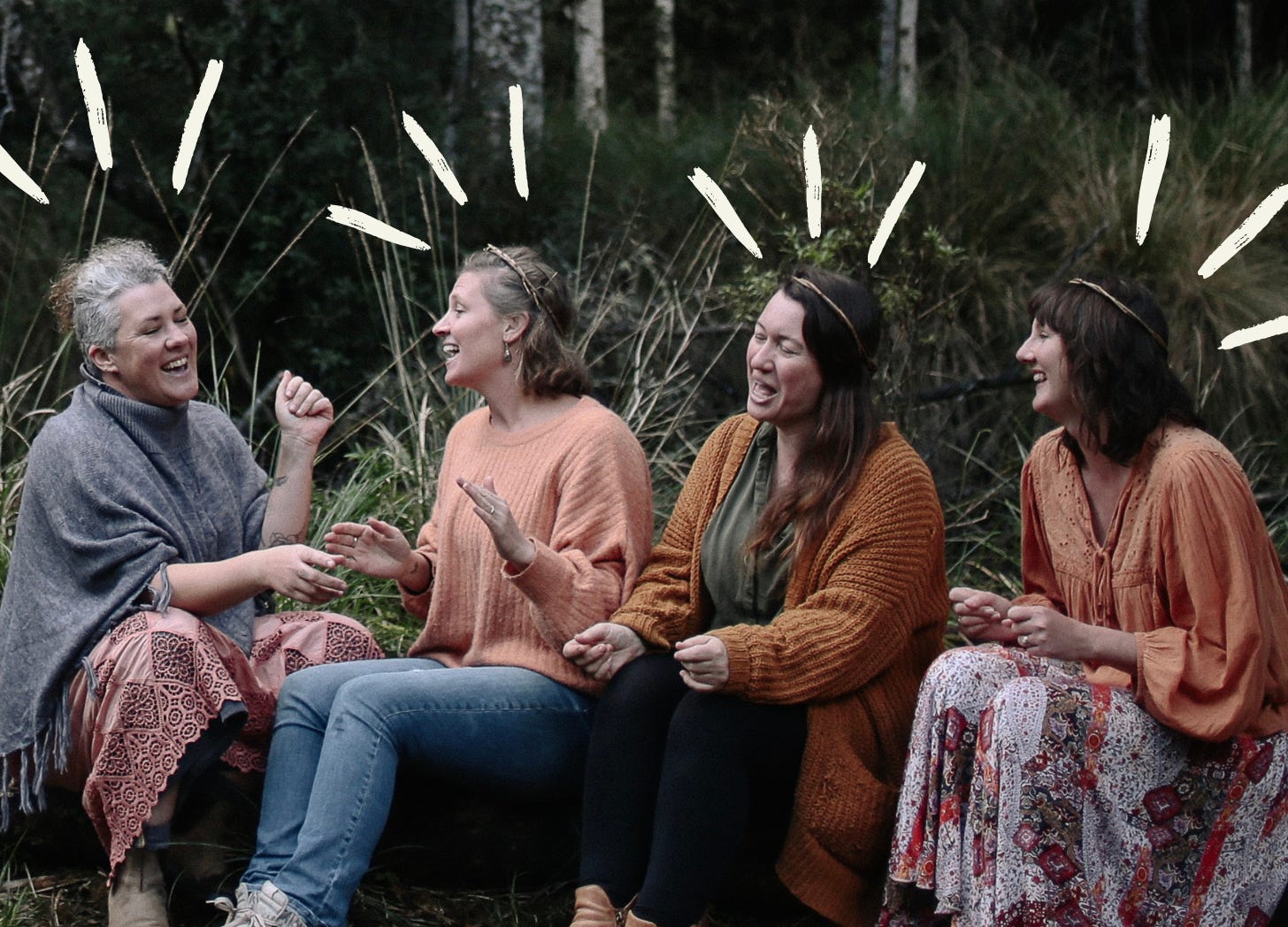Who chose ‘speak’ as our thing. We also cry, laugh, exclaim and intone in all manner of non-verbal ways, which are essential in giving context to our speaking anyway, so it’s not like speaking is more dominant that our non-verbal use of voice.
But someone obviously decided that speaking is the dominant way, otherwise we wouldn’t describe our identifying sound as ‘speak’.
I can just picture it now – the conversation that took place when the ‘English Language Committee’ was deciding on what descriptive word to use for the identifying sounds of things, and it reminds me of one of my favourite games to play. The game of ‘spell that sound’.
An impossible game because there is no winning or losing, no getting it right or wrong, because no one knows the answers anyway! For example “How do you spell the sound of the fire crackling?”
Ckrlckliskct.
Or “how do you spell the sound of the wind in the trees?”
Shoorshliushyshuuu.
(Amazing right?! If you’re new to this game, play it today. It’s harder than it seems, but the good news is you can’t get it wrong.)
So, do we think the English Language Committee played this game when they decided on moo or meow or baaaaa? I guess they did, given that those identifying sounds seem to spell the actual sounds the cow, cat and sheep make.
But then, why speak?
It doesn’t spell our actual sound.
It describes what is considered the most sensible, and therefore highest form of the use of our sound. A way of communicating cognitively, in ways that makes sense to others and can get us what we need and contribute to the world in so-called meaningful ways.
If I were personally choosing the word that would become the main identifier for the sound we make I think I’d choose cry.
Cry. A sound that sets humans apart from other animal species. Perhaps the most common sound made in a human’s infancy and potentially still a dominant sound made throughout the rest of childhood, adolescence and adulthood for those of us always in the act of regulating our emotions, or those not actively suppressing them.
Why didn’t they choose cry? We could have been assigned cry or laugh or exclaim and those sounds would still set us apart as sounds specific to humans. And sounds we ought to make a lot, if we are really living.
Perhaps the cry was considered a weakness, the laugh a silliness, and the exclaim a nonsense. Maybe emotion led sounds have always been considered less dominant than cognitive led sounds.
The spoken word our goal. The King’s English our pinnacle.
But perhaps we put the patriarchal element aside for a moment and go back to the initial concept.
Dogs bark.
Cats Meow.
Birds sing.
And Humans speak.
Bark, woof, meow, moo, baaa, quack…. They are all onomatopoeic.
But SING isn’t.
How lucky the bird that he/she/they get to SING!!!!
How magical, how marvellous.
Yet ‘sing’ is not a descriptive word, it’s a function. A brain function in fact.
Did you know that singing is an easier function for humans than speaking is? That there are really only two little spots in the brain dedicated to speaking and that in almost the entire human population these are only ever on one side of the brain!!!!!
I make this statement with a ‘!!!!!’ after it because almost ALL of the brain exists in both hemispheres, especially the major parts, and I think we can all agree that speaking is a major part of our life.
Singing itself utilises both hemispheres and almost all parts of the brain.
And when we experience music more of the brain becomes active than when we experience Any. Other. Thing!
So, tell me again why birds sing and humans speak?
Imagine if ‘humans sing’ is what all the young children learnt at school. Imagine if our dominant sound was described as singing. Surely we would more deeply embrace our expressive sides, our creative side, our musical side, our emotive side.
If we learnt that ‘humans sing’ none of us could believe that we’re not musical.
If we learnt that ‘humans sing’ we’d express ourselves often and publicly and unashamedly.
If we learnt that ‘humans sing’ we’d still be educating via songs and stories.
I wonder if humans actually DO sing. If that is actually our dominant sound, regardless of what ‘they’ chose for us.
Because singing soothes our nervous system, moves emotions through our body and organises our brain, and as far as I can see, no cognitive function like ‘speaking’ can be as primally essential to our existence than that.




